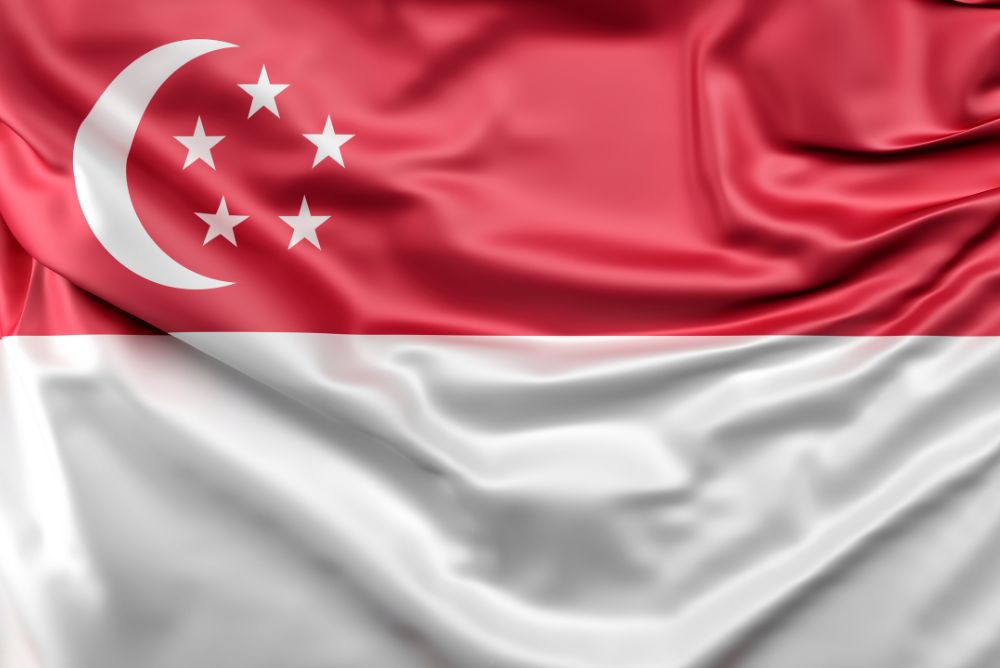
Singapore Labour Law Changes 2025
Employers in Singapore need to be ready to implement these latest regulations for their employees in 2025
In this article, we will delve into the Singapore Employment Legislation Changes 2025. Let’s understand the key updates and amendments in employment legislation that are expected to impact employers across various sectors.
This year, Singapore has introduced several significant amendments to its labour laws, affecting various aspects of employment, including parental leaves, fair work practices, industrial relations, and protection for platform workers. These changes are crucial for employers to understand and implement to ensure compliance with Singapore’s labour regulations.
More protections in the Platform Workers Act 2024
Starting from 1 January 2025, Singapore’s Platform Workers Act 2024 introduced a structured set of protections for individuals engaged in platform-based work, particularly ride-hailing and delivery services. These changes are aimed at narrowing the gap in employment protections between traditional employees and platform workers.
Under the new law, a platform worker is defined as someone who enters into a work arrangement with a platform operator and performs services such as ride-hailing or delivery under the direction of that operator in return for payment or benefits in kind.
One of the core provisions of the Act is the extension of work injury compensation to platform workers, offering them the same scope and level of protection currently provided to employees under the Work Injury Compensation Act 2019. This ensures that workers injured while performing platform-related duties have access to the same benefits as their salaried counterparts.
The legislation also introduces mandatory Central Provident Fund (CPF) contributions for both platform operators and platform workers. These contributions will be phased in gradually, with the ultimate aim of aligning them with the CPF contribution rates applied to regular employers and employees. The goal is to improve long-term housing and retirement outcomes for platform workers, helping them build the same level of financial security.
Additionally, the Act gives both platform workers and platform operators the right to form their own associations. Recognised worker associations will have the authority to engage in discussions with platform operators, represent members in disputes, and advocate for better working conditions. Similarly, platform operators may also create associations to collectively manage their interests in these engagements.
This legislation marks a significant shift towards formalising platform work and granting platform workers improved access to social protection, voice, and financial security.

Mid-Career training support for employees
From mid-March 2025, Singapore citizens aged 40 and above are eligible to apply for the SkillsFuture Mid-Career Training Allowance if they enrol in approved full-time, long-form programmes from 1 April 2025. This allowance covers 50% of the applicant’s average income over the past 12 months, up to a maximum of SGD 3,000 per month.
A part-time training option will also be introduced in early 2026, offering a flat SGD 300 monthly allowance to eligible individuals who wish to continue working while undergoing recognised training.
Support scheme for involuntarily unemployed jobseekers
From 1 April 2025, individuals who have lost their jobs due to retrenchment, illness, business closure, or similar reasons can receive temporary financial support under the SkillsFuture Jobseeker Support scheme. Eligible Singaporeans earning an average of SGD 5,000 or less (excluding CPF contributions) in the past year may receive up to SGD 6,000 over six months.
To qualify, recipients must show active job-seeking efforts and participate in approved career coaching or training programmes.
Changes to paternity leave
As of 1 April 2025, Government Paid Paternity Leave has increased from two to four weeks and been made mandatory. This applies to eligible working fathers of Singapore citizen children born on or after this date. Previously voluntary, this change reflects a stronger national focus on supporting parental roles and work-life balance.
Shared parental leave reform
The shared parental leave scheme is being restructured starting 1 April 2025. Initially, six weeks of paid parental leave is available for parents to share. From 1 April 2026, this will expand to ten weeks. These entitlements are in addition to existing maternity and paternity leave provisions. The revised policy aims to give both parents more flexibility in managing childcare responsibilities.

New workplace fairness bill
Passed in January 2025, the Workplace Fairness Bill introduces legal protections against discrimination in employment decisions. It prohibits adverse actions based on age, nationality, sex, marital or caregiving status, race, religion, language, and disability or mental health conditions. The Bill covers areas such as recruitment, appraisal, promotion, training, and termination.
Employers will be encouraged to implement internal grievance processes and handle complaints appropriately. Enforcement measures will be calibrated based on the severity of the breach and may include compulsory educational workshops, financial penalties, or civil action. The legislation is expected to come into force in either 2026 or 2027. Employers are advised to review and update workplace policies in line with the recommendations set out by the Tripartite Committee on Workplace Fairness.
Guidelines on non-compete agreements and restrictive contracts
In early 2024, two Singapore High Court rulings declined to enforce non-compete clauses, reinforcing the principle that restrictive covenants must be fair, reasonable, and genuinely aimed at safeguarding an employer’s legitimate interests. In response, regulatory authorities are expected to introduce formal guidelines to clarify how such clauses should be applied in practice.
These upcoming guidelines are likely to reflect established legal principles while offering further clarity, particularly in cases involving junior employees or situations arising from retrenchment. Their release, expected sometime in 2025, is likely to play a significant role in shaping future employment contract standards and court interpretations.

Guidelines on supporting mental health conditions
Separately, new guidelines on supporting employees with mental health conditions are also set to take effect in 2025. These will recommend that employers adopt structured mental health policies, create clear referral pathways, and develop reintegration plans for affected staff returning to work.
These measures are part of a broader effort to encourage inclusive and supportive workplace environments. With the anticipated Workplace Fairness Act on the horizon, adherence to these guidelines may also become relevant in assessing whether employers have met their responsibilities or, conversely, whether a lack of support could amount to discrimination.
How Beyond Borders HR Can Help You
These 2025 employment legislation changes for Singapore can be challenging for employers to process independently. Beyond Borders HR, a global HR consulting firm, stands ready to assist businesses in understanding and implementing these changes effectively. With our extensive expertise in global HR practices, we ensure that your organization stays compliant with the evolving regulatory landscape.
Reach out to Beyond Borders HR for tailored solutions, expert guidance, and seamless integration of these legislative updates into your HR policies and practices. Our team is dedicated to empowering your business with the knowledge and support needed to thrive in this dynamic regulatory environment.
Need help with Singaporean employment legislation?
Contact us today to learn more about how we can assist you with employment legislation in Singapore.

